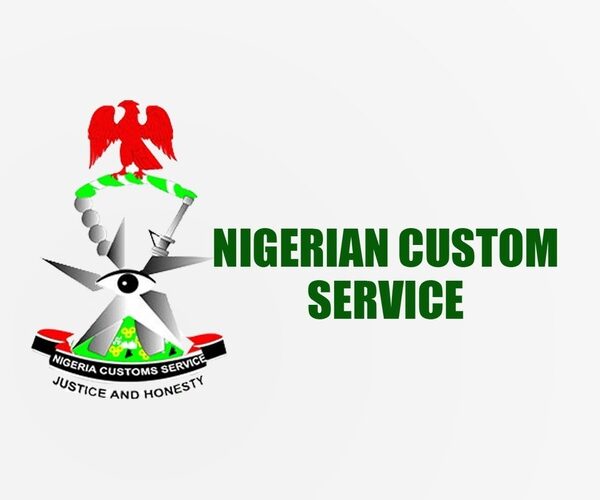Nigeria and India are strengthening their customs partnership to combat illicit trade, enhance revenue collection, and promote legitimate commerce. This collaboration, initiated with the Customs Mutual Administrative Agreement (CMAA) signed in November 2024, has already yielded positive results, particularly in curbing the influx of substandard pharmaceuticals into Nigeria. The two nations recognize the importance of information sharing and operational synergy in addressing this critical public health concern. High-level discussions between the two countries’ customs authorities, held during the 92nd Session of the World Customs Organisation Policy Commission in Brussels, Belgium, have further solidified this commitment. The meeting served as a platform to review progress under the CMAA and chart a course for deeper cooperation in areas such as customs valuation, transfer pricing, and systems integration.
The CMAA, a landmark agreement signed during the Indian Prime Minister’s visit to Nigeria in 2024, signifies a shared vision of fostering stronger trade ties, enhanced security, and robust institutional collaboration. Both countries acknowledge the strategic importance of this partnership, with India viewing Nigeria as a key ally in Africa. This bilateral cooperation seeks to leverage the strengths and experiences of both nations to address common challenges in customs administration and trade facilitation. The collaborative approach aims to create a more secure and efficient trading environment while protecting public health and promoting economic growth. Discussions between the Comptroller-General of Nigerian Customs and a senior representative of India’s Central Board of Indirect Taxes and Customs have focused on concrete steps to implement the CMAA’s provisions.
The ongoing dialogue between Nigeria and India demonstrates a mutual commitment to tackling complex issues such as undervaluation and abusive transfer pricing, which often erode revenue and create unfair competition. By sharing best practices and expertise, both countries aim to enhance their capacity to identify and address these challenges effectively. System integration between customs and tax authorities is another key focus area, as it is crucial for streamlining processes, reducing compliance burdens for businesses, and improving revenue transparency. The exchange of information and technical assistance will help both countries develop more robust and interconnected systems. These collaborative efforts are aimed at modernizing customs procedures and facilitating smoother trade flows between the two nations.
The successful seizures of substandard pharmaceuticals in Nigeria, achieved through enhanced intelligence sharing fostered by the CMAA, underscore the tangible benefits of this bilateral partnership. Both countries acknowledge the importance of continued vigilance and cooperation in protecting public health from the dangers of counterfeit and substandard medicines. The joint efforts in this area serve as a testament to the potential of the CMAA to address critical public health and safety concerns. Furthermore, this collaboration demonstrates a commitment to building a more secure and transparent global trading environment. The exchange of information and best practices in combating illicit trade contributes to the global effort to protect consumers and ensure the integrity of pharmaceutical supply chains.
Nigeria has expressed a keen interest in expanding the scope of cooperation with India through joint technical missions, training programs, and shared data mechanisms. These initiatives aim to foster greater efficiency in customs operations, improve revenue assurance, and strengthen trade controls. By sharing expertise and resources, both countries can enhance their capacity to manage risks, facilitate legitimate trade, and combat illicit activities. These capacity-building measures will contribute to the development of a more skilled and knowledgeable customs workforce in both countries. The exchange of best practices and knowledge will enhance their ability to address evolving challenges in the global trade landscape.
Nigeria’s active participation in the World Customs Organisation Policy Commission highlights its commitment to adopting international best practices and modernizing its customs systems. The platform provides a valuable forum for engaging with global customs leaders and shaping policies that promote trade facilitation and security. The exchange of ideas and experiences with other countries helps Nigeria stay at the forefront of customs modernization efforts and adapt its strategies to address emerging challenges. The commitment to international collaboration underscores Nigeria’s dedication to playing a significant role in shaping global customs practices and contributing to a more secure and efficient international trading system. By actively participating in international forums and sharing its experiences, Nigeria strengthens its position as a key player in the global customs community.


